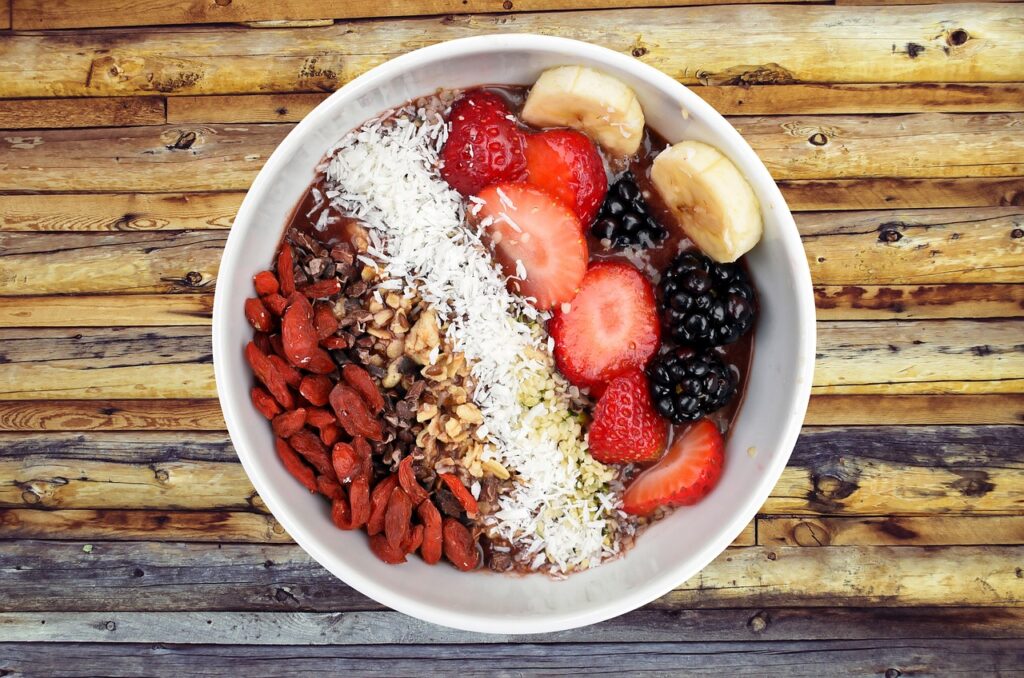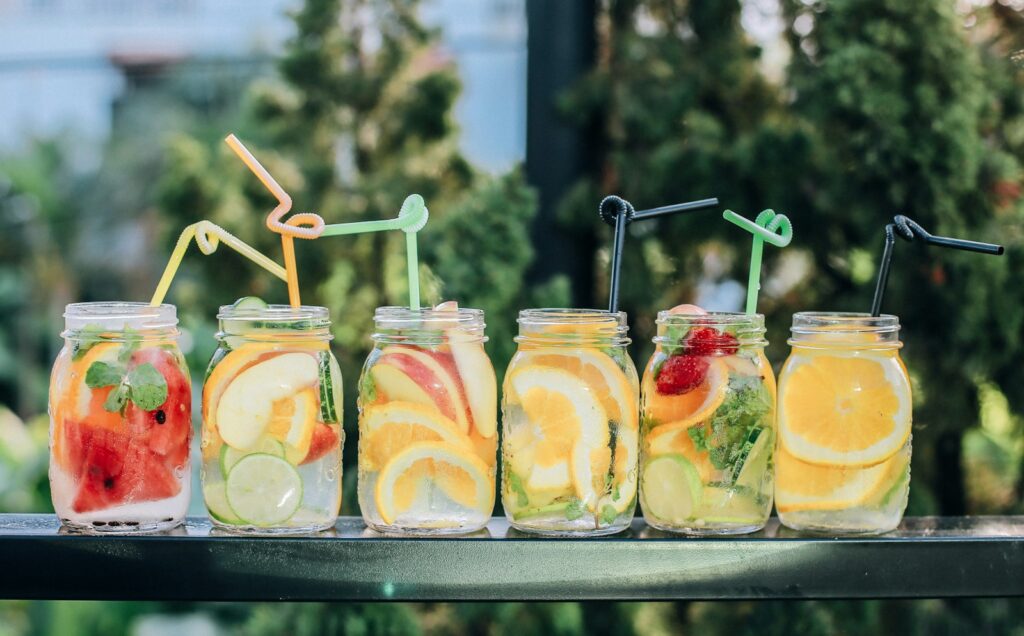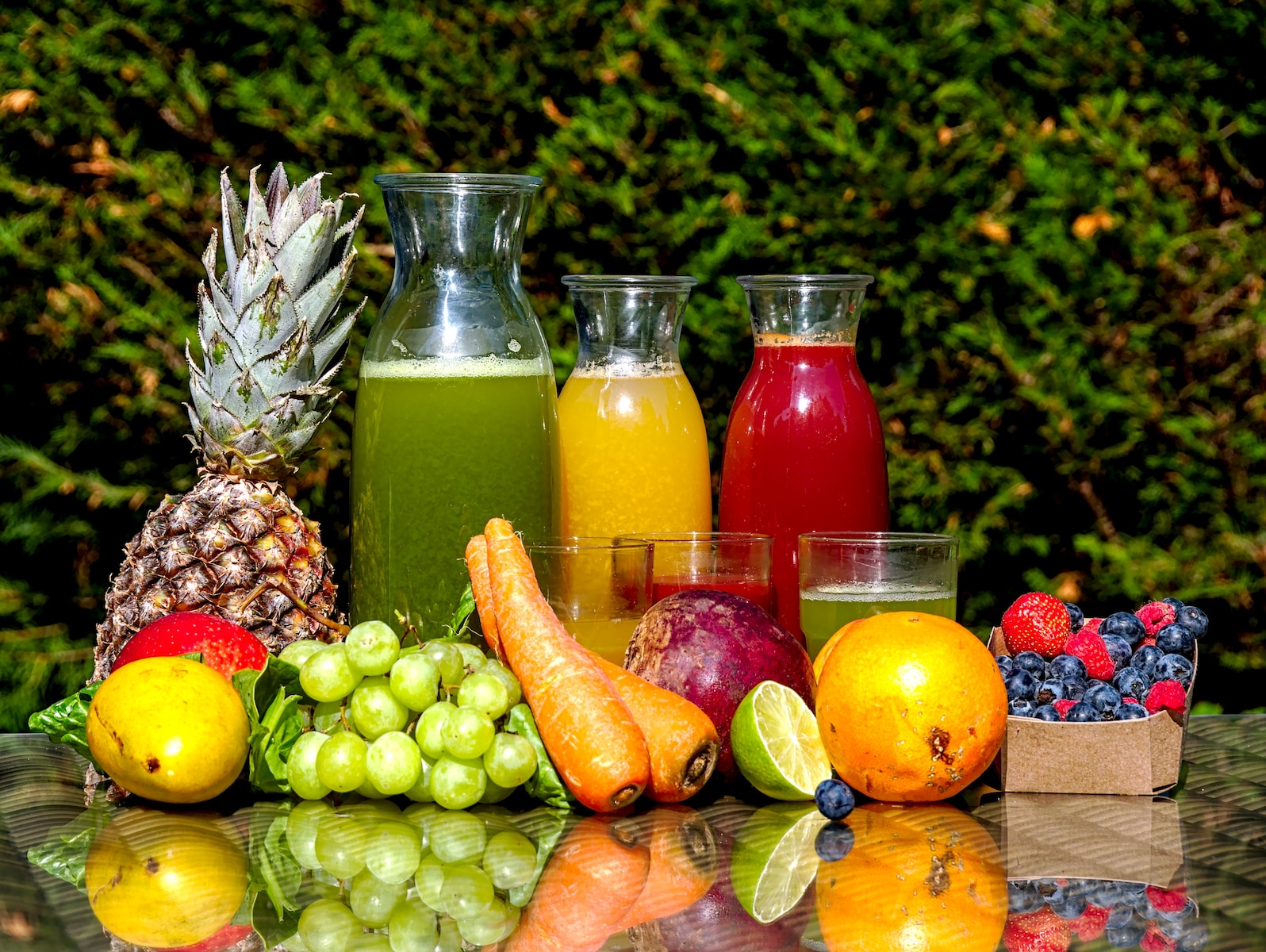You’ve likely heard about the myriad benefits of fresh juices, but have you ever considered the potential consequences of consuming them excessively? Today, we’ll explore both the positive and negative effects of drinking in raw juices.
Is Raw Juice Good For You ?
Let’s begin with the positive aspects. Raw juice is a powerhouse of essential nutrients, including vitamins, minerals, and antioxidants, making it a potent elixir for overall health. It has the ability to bolster your immune system, bestow radiant skin, and enhance the beauty of your hair. Additionally, staying well-hydrated is crucial for maintaining a healthy body, and juices crafted from water-rich fruits and vegetables serve as an excellent way to achieve this hydration.
Moreover, for those struggling to meet their daily fruit and vegetable requirements, raw juice emerges as a convenient solution. It offers a simple and efficient means to ensure a diverse intake of nutrients, even amidst a hectic schedule.
Now, let’s delve into the potential drawbacks of excessive raw juice consumption. Surpassing healthy limits may lead to nutrient overload and, in severe cases, vitamin toxicity. Many fruits are naturally high in sugar, so an overindulgence in juices can contribute to excessive sugar intake, potentially resulting in weight gain and blood sugar spikes.

Fiber, a vital component for digestion and satiety, unfortunately, gets stripped away during the juicing process. Consequently, an overreliance on juices can leave your diet lacking in essential dietary fiber. Some raw juices, due to their inherent laxative properties, might induce digestive discomfort, such as diarrhea or bloating.
It’s crucial to be mindful of the hygiene aspect as well. Raw fruits and vegetables can carry harmful microorganisms, and if not properly washed or handled, juices derived from them may pose a risk of foodborne illnesses. Caution is advised, especially when considering juices from outdoor food stalls.
The choice between drinking fruit juice and consuming raw fruit involves considering various factors related to nutrition, health, and personal preferences. Here’s a breakdown of the pros and cons of each:
Drinking Fruit Juice:
Pros:
1. Convenience: Fruit juices are convenient and time-saving, making them a quick option for busy schedules.
2. Hydration: Juices contribute to overall hydration, especially if made from water-rich fruits.
3. Variety: You can create diverse flavor combinations by blending different fruits, offering a wide range of taste experiences.
4. Nutrient Intake: Juices can provide a concentrated source of essential nutrients, including vitamins and antioxidants.
Cons:
1. Sugar Content: Many commercial fruit juices contain added sugars, contributing to higher calorie intake and potential health issues.
2. Fiber Loss: The juicing process often removes the fiber present in whole fruits, which is crucial for digestive health and satiety.
3. Caloric Intake: Drinking juice may lead to consuming more calories compared to eating whole fruits, as liquid calories may not induce the same feeling of fullness.

Eating Raw Fruit:
Pros:
1. Dietary Fiber: Whole fruits contain dietary fiber, aiding digestion, regulating blood sugar levels, and providing a sense of fullness.
2. Natural Sugars: The sugars in whole fruits come with fiber, slowing down their absorption and minimizing blood sugar spikes.
3. Chewing Action: Chewing fruits stimulates saliva production, promoting better digestion and oral health.
4. Satiety: Whole fruits tend to be more satisfying, helping control portion sizes and reduce overall calorie intake.
Cons:
1. Preparation Time: Eating raw fruit may require more time for peeling, cutting, and chewing compared to drinking juice.
2. Transportability: Whole fruits are not as portable as a bottle of juice, making them less convenient for on-the-go consumption.
Considerations:
– Nutrient Retention: Whole fruits often retain more nutrients since they are not subjected to the heat and processing involved in juicing.
– Blood Sugar Impact: Those with blood sugar concerns may need to monitor their fruit consumption, especially with juices that lack fiber.
– Individual Preferences: Some people may find it easier to meet their fruit intake goals through juices, while others prefer the sensory experience of eating whole fruits.
Ultimately, the choice between drinking fruit juice and eating raw fruit depends on individual health goals, preferences, and the overall balance of one’s diet. A combination of both can be a practical approach, ensuring a mix of convenience and nutritional benefits.
In conclusion, raw juice presents both positive and negative facets. While I lean toward consuming whole fruits for a more balanced approach, circumstances may necessitate opting for juices. The key lies in moderation and making informed choices. Namaskar!



